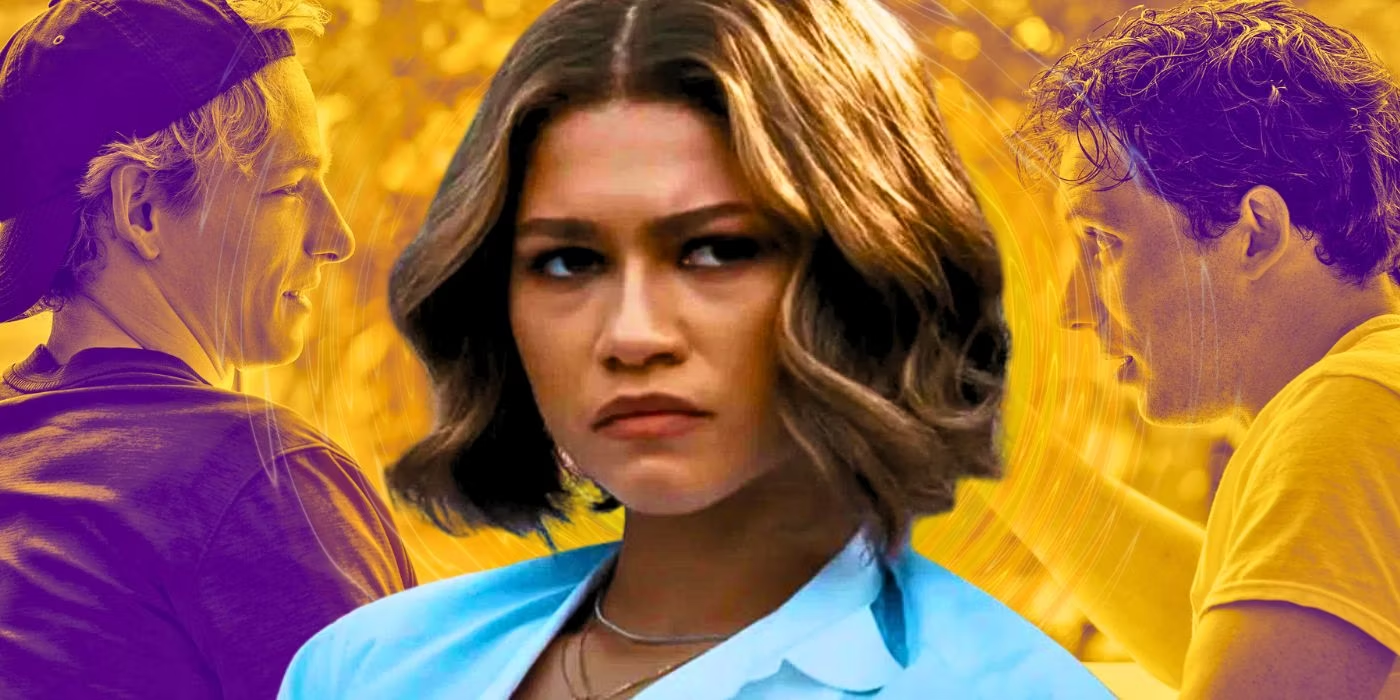I haven't seen "The Father" but the précis suggests it's a film with quiet intensity, starring two Brits that Hollywood (and a lot of the rest of America) loves -- Anthony Hopkins and Olivia Colman. But it also feels, too me, rather modest for a Best Picture win, and the story of the onset of dementia feels so familiar by now.
Alternative monitoring of popular culture ~ broadly defined ~ in the pursuit of deeper understanding
Monday, March 29, 2021
Oscar 2021
Nobody
The ultra-violent avenger thrillers' defining franchise is the John Wick series that stars Keanu Reeves. It appeals to a certain movie-goer sensibility -- those who care less about a sensible narrative but insist on endless combat because they know all of the blood and breaking bones is high-end Hollywood fakery and delight in the excessiveness. Bruce Willis's Die Hard series, which began in 1988, may have been the forerunner of the subgenre, and Ilya Naishuller's Nobody is the latest entry. Star Bob Odenkirk plays former spy agency asset named Hutch Mansell, who gets pulled out of retirement by a botched home invasion. Odenkirk's persona as lawyer Saul Goodman of the Breaking Bad spin-off Better Call Saul is inescapable, so "bits-of-Saul" are sprinkled in amongst the outlandish body count, wise-crackery and guerilla weaponry and the excruciating close-order battles. Odenkirk is fit and in fine fighting form as he chases down a ridiculous Russian mobster (Aleksey Serebryakov whose line readings are nearly unintelligible) with the aid of his adopted brother (a mostly off-screen performance by rapper RZA) and his loopy retired G-man father, played by Christopher Lloyd. Rounding out the leads in this entertaining raw-meat meal is Connie Nielsen as Hutch's oddly withholding wife. Yes, the narrative is a little thin on connective tissue but that just leaves more room for evisceration and dismemberment. Yay!
Monday, March 22, 2021
The United States vs. Billie Holiday
The Courier (2020)
That Dominic Cooke's The Courier feels a tad stagey makes sense considering Cooke is a decorated British theatre director at the helm of only his second feature film. Benedict Cumberbatch plays the title character, an Englishman in 1960 who facilitates business partnerships. He is contacted by MI6 and the CIA to serve as an undercover liaison between a Soviet informant (the tremendous Georgian actor Merab Ninidze) and British and American intelligence, played by Angus Wright and Rachel Brosnahan, respectively. Cumberbatch is an actor of impressive versatility and presence; his five minutes near the end of the powerful WWI film 1917 crystallized the film's message of misery that comes from hubris. He delivers the same commanding performance in this crisp story of a man, who never pictured himself as courageous or sacrificial, answering the call, not of Mother England but of compassion and loyalty.
Chaos Walking
Sunday, March 21, 2021
Another Round
Tuesday, March 9, 2021
The Mauritanian
Documentarian Kevin McDonald has directed a handful of feature films. Forest Whitaker won an Oscar and Golden Globe for portraying Ugandan dictator Idi Amin in McDonald's The Last King of Scotland (2006). Jodie Foster just won a Globe for playing attorney Nancy Hollander in The Mauritanian, McDonald's adaptation of Mohamedou Ould Slahi's memoir Guantanamo Diary, which recounts his torture while a detainee suspected of orchestrating the 9/11 attacks and Hollander's efforts with assistant Teri Duncan (Shaileen Woodley) to uncover the truth and secure Slahi's release.
Wednesday, March 3, 2021
Nomadland
In Chloé Zhao's inspired and inspiring Nomadland, Frances McDormand plays Fern, a member of the tribe of "houseless" Americans who crisscross the country's expansive middle section chasing piece work and peace. Midway through the film, Fern sells the last of the possessions that will not fit in her life, that is, in her van. Fern, who followed, married, nursed and then buried a dreamy manchild in the middle of Nevada and never found her footing -- and perhaps herself -- again, meets fellow nomads in an RV park and chooses them, and they her, as family.
The World to Come
The two women at the center of Mona Fastvold's beautiful and tragic story, The World to Come, are farm wives in Upstate New York in 1856. They are trapped in miserable marriages, beset by drudgery and isolation, but find in each other, first, kindred spirits then soul mates and then lovers.
Challengers
Despite trailers and promos that suggest otherwise, Luca Guadagnino's Challengers is NOT a love story -- at least not in any conventio...

-
As you closely read the two photographs above -- Sally Mann's "Candy Cigarette"(top) and Diane Arbus's "...
-
Twenty minutes into Episode 6 of Hulu's The Bear's second season, I paused it to catch my breath. That was last night, and I'm...










.jpg)
